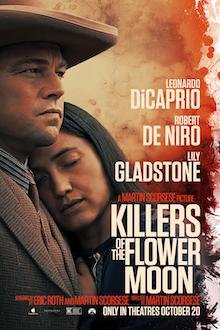Direction: Ned Crowley
Country: USA
Killing Faith, a supernatural western written, directed, and co-produced by Ned Crowley (Middle Man, 2016), struggles to convince despite solid performances from Guy Pearce, DeWanda Wise, and Bill Pullman, as well as a moody, intriguing premise. It’s a difficult film to champion.
The story follows Dr. Bender (Pearce), an emotionally torn physician who agrees to escort Sarah Worthington (Wise)—a recently freed slave—and her allegedly possessed white daughter (Emily Ford) across the West to seek a reclusive faith healer (Pullman). Their journey is fraught with peril: outlaws, a bizarre family, and an inscrutable Native American chief all cross their path before the trio reaches their mysterious destination.
Sticking to a solid mainstream moviemaking, Crowley crafts his story with darkly comedic touches and a mild supernatural bend. Yet, the film’s eerie tone goes disastrously wrong, marred by a sluggish plot that promises more than it delivers.
Entering in psycho-religious mode but obliterating any potential nuances or characterization work in the process, Killing Faith’s intriguing concept dissolves into arrhythmic storytelling and monotonous execution. A frustrating case of a film working against its own best ideas.











